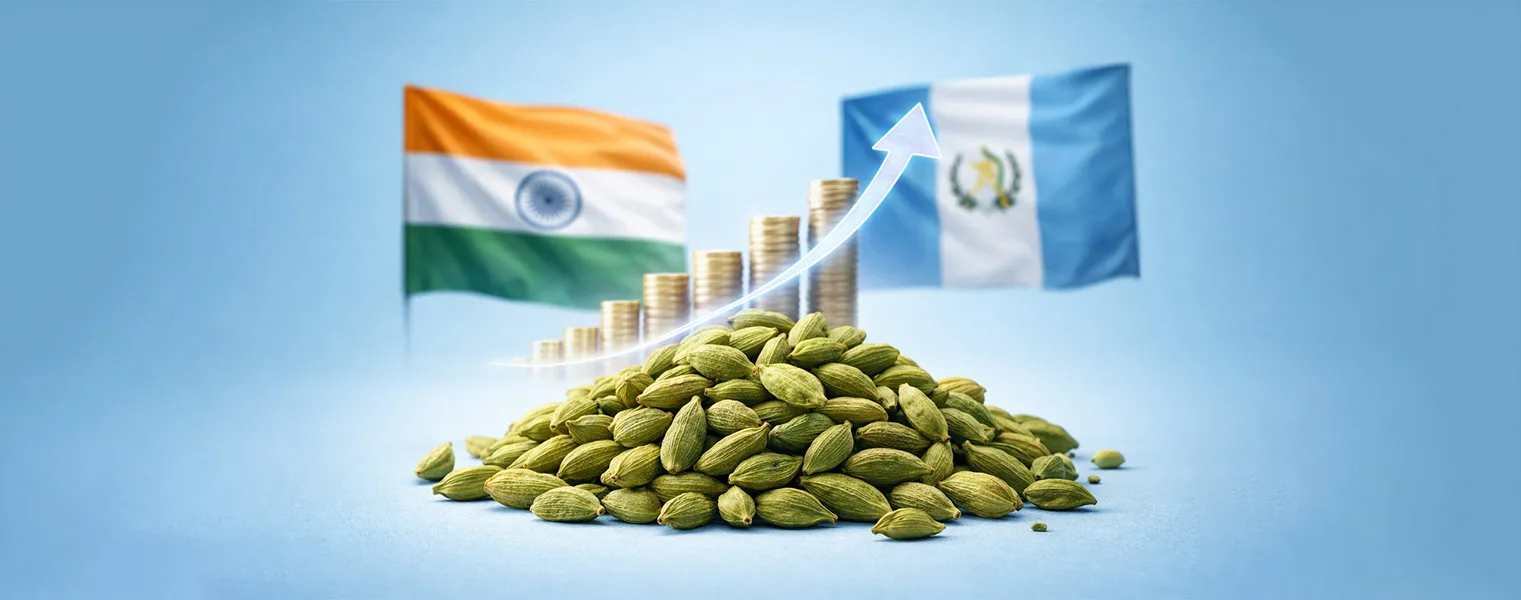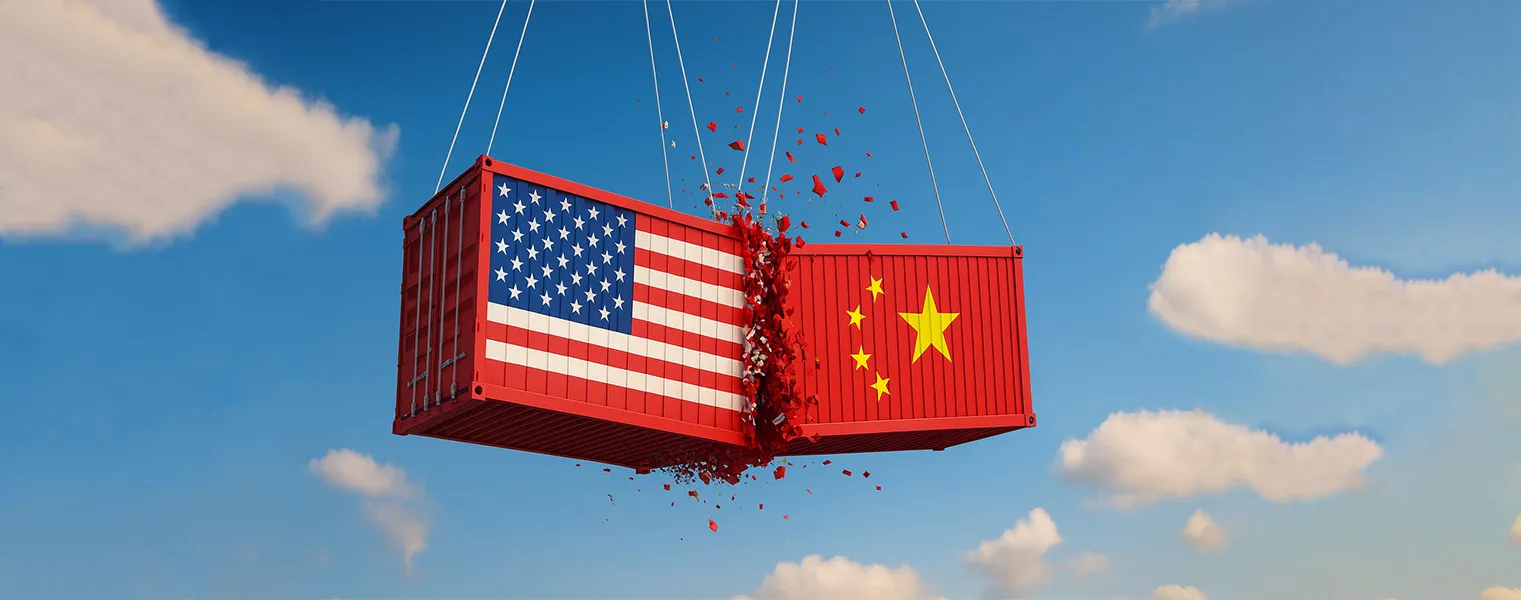Black Pepper Market 2024: Declining Prices, Harvest Delays, and Shifting Trade Dynamics
The global black pepper market is undergoing significant changes in 2024, influenced by challenging weather conditions, shifting consumer demands, and competitive pressures. Major producers such as Vietnam and Brazil are seeing mixed outcomes, while the UAE, as a key importer, remains closely connected to these developments. Here’s a comprehensive look at the current state of the black pepper market and what lies ahead for traders.

Vietnam’s Black Pepper Exports Face Decline
Vietnam, the world's largest black pepper exporter, has experienced a notable decline in exports, particularly to China, where shipments have fallen by over 84% this year. The situation is further complicated by competition from Indonesia, which has ramped up its pepper exports to China, making it more challenging for Vietnamese farmers and exporters.
Harvest Delays & Quality Concerns
The 2024/25 harvest season in Vietnam and Brazil has been delayed due to prolonged droughts and climate disruptions like El Niño. The delay, particularly in Vietnam’s Binh Phuoc region, has led to reduced supply and increased pressure on farmers who are switching to organic farming to secure better prices and sustainability. Brazil, the second-largest producer of black pepper, is also grappling with lower-than-expected export volumes, as poor weather continues to affect the main harvest in Espírito Santo.

Price Trends
Black pepper prices have been fluctuating, with some markets seeing a recovery while others face continued pressure. Vietnam’s domestic prices for black pepper are currently at 143,500 - 145,000 VND/kg, and while Indonesian prices have seen slight increases, Vietnamese ASTA white pepper prices have dropped by 3.68%. The competition from other countries and the high value of the USD has also hurt Vietnam’s export competitiveness, leading to lower demand in key markets like Europe and the US.

Brazil’s Struggles & Competitive Pressure
Brazil's black pepper exports are facing a third consecutive year of decline. The May-June harvest in Espírito Santo was heavily affected by poor weather, reducing the country's contribution to global supply. However, Indonesia has maintained a more competitive stance, increasing its export volumes to China and offering lower prices, adding pressure to other exporters like Vietnam and Brazil.

Impact on the UAE Market
The UAE, a key importer of black pepper, has seen a steady demand for pepper despite global fluctuations. With imports increasing from Indonesia and Vietnam, UAE traders are benefiting from a diversified supply base, even as prices fluctuate. However, with Vietnamese export prices under pressure and Brazilian output facing challenges, UAE traders must remain vigilant to shifts in pricing and supply chain disruptions.
Key Insights for Traders
- Harvest Delays: The late harvest in Vietnam and Brazil will likely impact supply and could lead to short-term price spikes.
- Organic Farming: Vietnam’s shift to organic pepper is boosting quality and prices, offering better returns for farmers despite overall market declines.
- Price Competition: With Indonesia’s more competitive pricing, Vietnamese and Brazilian exporters will need to find new strategies to maintain their market share, particularly in key export markets like China.

FAQs: Black Pepper Market 2024
- Why are Vietnam's black pepper exports declining?
- Vietnam's exports to China have dropped by over 84% due to increased competition from Indonesia and changing demand in key markets like Europe and the US.
- What factors are influencing global black pepper prices?
- Global pepper prices are impacted by harvest delays, currency fluctuations, and increased competition from countries like Indonesia offering lower prices.
- How has climate change affected the 2024/25 harvest?
- The El Niño and La Niña phenomena have delayed harvests in Vietnam and Brazil, leading to lower yields and quality concerns.
- What is driving Brazil’s export challenges?
- Brazil is facing its third consecutive year of declining exports due to poor weather and competitive pressures from Indonesia.
- How can UAE traders benefit from these trends?
- UAE traders can capitalize on the diversified supply from Vietnam and Indonesia, securing favorable deals as prices fluctuate globally.
Conclusion: Navigating a Shifting Black Pepper Market
The black pepper market in 2024 is defined by weather challenges, export declines, and competitive pressures, particularly from Indonesia. For UAE traders, keeping an eye on supply chain shifts, price fluctuations, and emerging markets will be crucial in securing the best opportunities. With Vietnam focusing on organic pepper production and Brazil facing continued export difficulties, the global black pepper landscape remains dynamic, offering both challenges and opportunities for strategic players.









